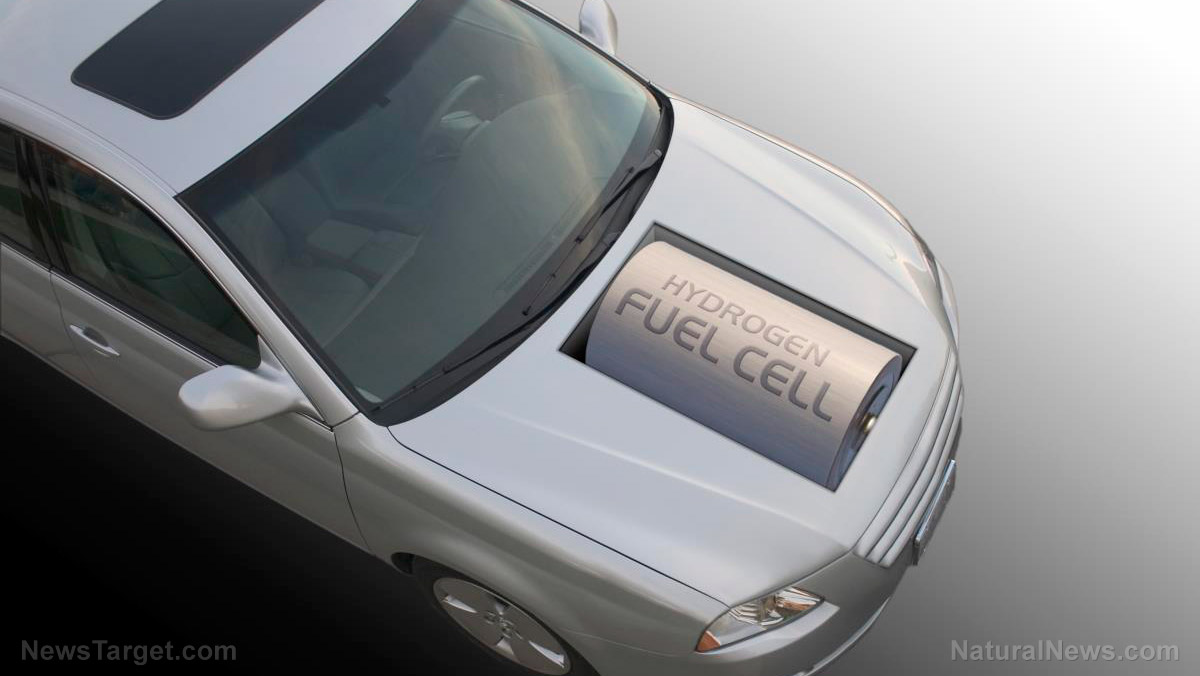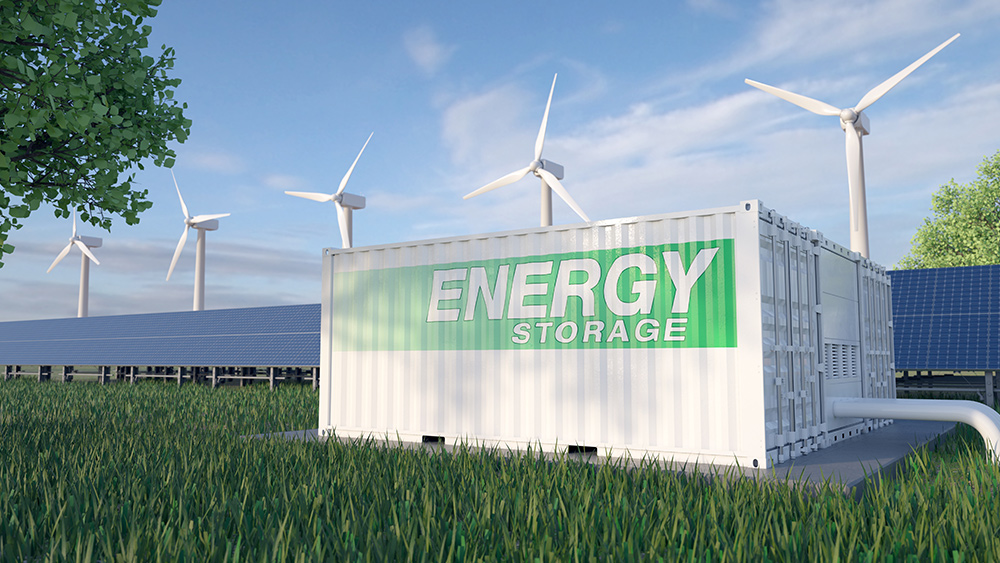Researchers design cost-efficient, clean fuel cells that might soon replace traditional gas engines in cars
12/15/2019 / By Arsenio Toledo

Fuel cell technology has been around for some time. The first truly modern fuel cell vehicles came from the 1950s and 1960s, when they were used on experimental vehicles such as the 1966 Electrovan, a van which was outfitted with a fuel cell that took up so much space it could only fit two people. Fuel cell technology was even used by NASA to power space missions.
The science behind fuel cells is progressing, but it still hasn’t received widespread appeal. Fortunately, advancements in zero-emission fuel cells could finally make this unique technology cheap enough to replace traditional air-polluting gas engines in vehicles.
Researchers from the University of Waterloo (UW) have been hard at work. They have developed a new fuel cell that they believe can last for at least 10 times longer than what the current technology allows. They believe that if their fuel cells were mass produced, it would make them an economically viable option to power many of today’s vehicles.
“With our design approach, the cost could be comparable or even cheaper than gasoline engines,” said Xianguo Li, professor of mechanical and mechatronics engineering and director of the Fuel Cell and Green Energy Lab at UW.
Initially, the researchers concentrated their efforts on hybrid vehicles, which have both electric batteries and gasoline engines due to issues with purely electric vehicles, such as long charging times and limited driving range.
Theoretically, the researchers believe that the existing fuel cell technology could replace both hybrid and gas engine-powered vehicles. However, it’s still too impractical due to the high costs. This is what the UW researchers tried to solve by tinkering with the design of fuel cells. (Related: New stable fuel cell could be the breakthrough that makes energy storage economically feasible.)

A change that can benefit many
To solve this problem of cost, the researchers changed the way fuel cells provide vehicles with energy. Instead of delivering a fluctuating amount of electricity, they changed the design so that the output is constant. This change not only gives their fuel cells a more efficient energy output, but it also makes them more durable than current designs.
Fuel cells produce electricity from the chemical reaction that takes place when oxygen and hydrogen are combined to make water. This process is a lot more difficult and expensive to manage. With the new design from the UW researchers, this process is far simpler and therefore far cheaper to do.
Li stated that they have found a way to lower the costs without making too big of a sacrifice toward the durability and performance expectations for fuel cells. He said that their fuel cells can provide economically viable zero-emissions vehicles.
Current technology has a lot of reduced-emission transportation, such as the aforementioned hybrid vehicles. Li hopes that their new fuel cell technology can be mass produced enough to lower unit costs and replace many hybrid cars.
At the very least, Li believes his team’s research into zero-emission fuel cells is a good first step toward transitioning to cleaner energy. Their research could be the answer to stopping environmental harm caused by internal combustion engines.
“The future is very bright,” said Li. “This is clean energy that could boom.”
More research has to be done, and while electric cars are gaining more popularity, Li and his team’s research could help speed up the process by providing economic incentives to replace many traditional gas-guzzling cars with vehicles that won’t contribute to air pollution worldwide.
Sources include:
Submit a correction >>
Tagged Under:
breakthrough, Chemistry, Clean Energy, discoveries, environment, fuel cells, future cars, future science, future tech, goodtech, green energy, hybrid cars, innovation, inventions, renewable energy, research, zero emissions
This article may contain statements that reflect the opinion of the author





















